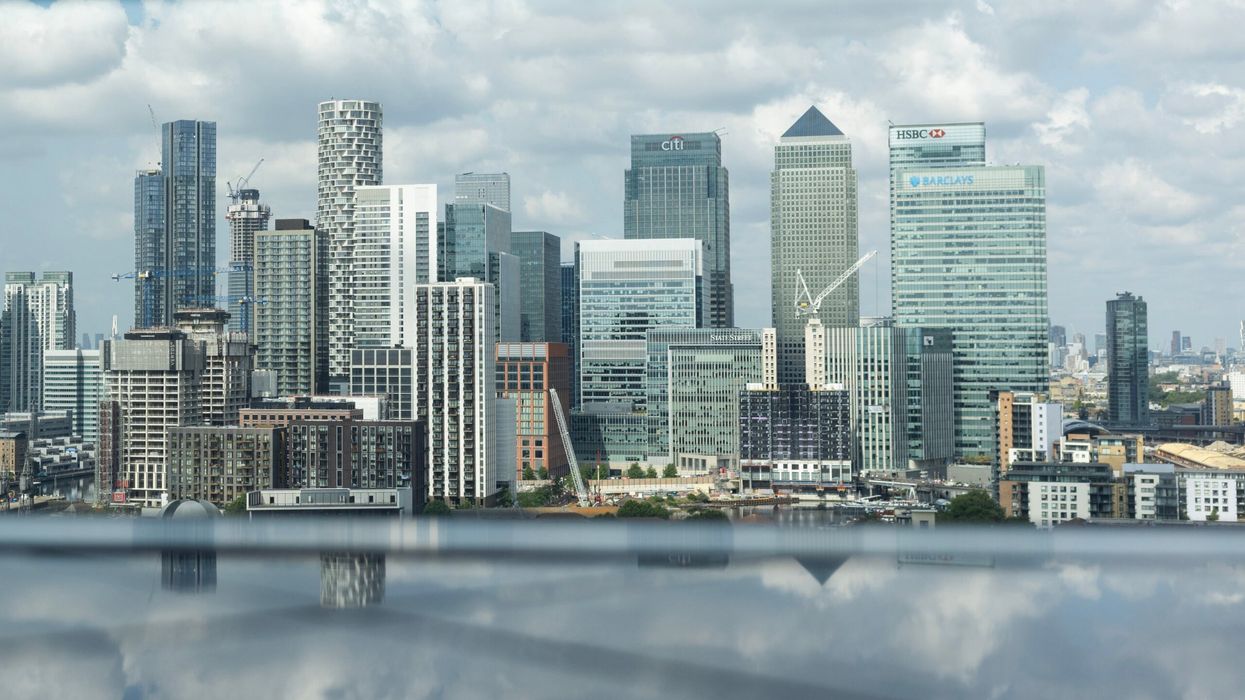UK's BUSINESS activity, consumer behaviour and public finances showed signs of weakening in the run-up to next week’s budget, where chancellor Rachel Reeves is expected to raise taxes again.
Data released on Friday indicated concerns about the upcoming budget were weighing on the economy and highlighted the challenge for Reeves as she aims to curb borrowing without slowing growth further.
The S&P Global Purchasing Managers' Index preliminary survey for November showed companies holding back on plans while waiting to see whether taxes will rise for a second consecutive year. Reeves will deliver the budget on Wednesday next week and is expected to raise tens of billions of pounds in taxes to avoid a bond market selloff, which could risk further dissatisfaction among voters already unhappy with prime minister Keir Starmer and his government.
The PMI survey showed services and manufacturing activity barely grew in November and performed worse than all economists’ expectations in a Reuters poll, pointing to growth of just 0.1 per cent in the economy for the last three months of 2025.
"There's a real chance this pause may turn into a downturn ... largely linked to speculation that further demand-dampening measures will be introduced in the budget," S&P chief business economist Chris Williamson said.
Official Office for National Statistics data showed retail sales volumes fell in October, the first monthly decline since May. The ONS also said government borrowing from April to October was the highest for the period in more than 30 years, excluding the peak of the coronavirus pandemic.
Reeves raised taxes by the most since 1993 in last year’s budget, with businesses mostly affected through higher payroll taxes.
This year she is expected to raise a further 20 billion-30 billion pounds ($26 billion-$39 billion) due to an expected growth downgrade by the government’s budget watchdog, higher borrowing costs and difficulties passing planned welfare cuts in parliament.
For much of the PMI survey period, Reeves had signalled she might break Labour’s election pledges and increase the main rate of income tax for the first time since the 1970s. She now appears to prefer a set of smaller measures.
The survey showed private-sector employment fell at the fastest rate in four months and prices charged by businesses rose at the slowest pace since December 2020, increasing the likelihood of a Bank of England rate cut next month.
Another data release on Friday showed consumer confidence weakened in November.
The GfK consumer confidence barometer dropped to -19 from -17.
Neil Bellamy, consumer insights director at GfK, said the figures were "a bleak set of results as we head towards next week's budget" although the level remained within its range of the past six months.
(With inputs from Reuters)





